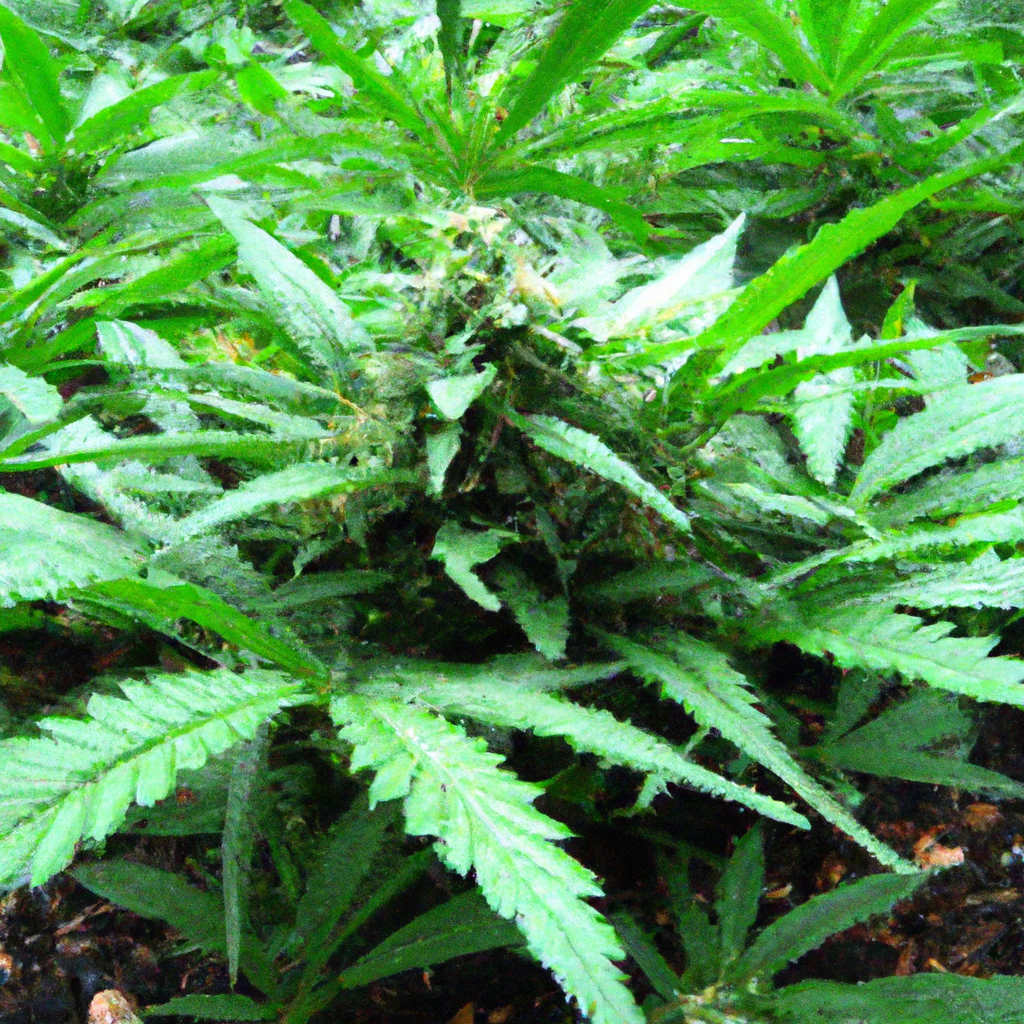Your cart is currently empty!
Organic cannabis cultivation is more than just a trend; it’s a sustainable practice that benefits both the environment and consumers. By embracing natural fertilizers, compost, and organic pest control methods, growers can produce cannabis that is as pure as it is potent. In this article, we’ll explore best practices for cultivating cannabis organically, focusing on building healthy soil ecosystems, avoiding synthetic chemicals, and promoting sustainability.
Building a Healthy Soil Ecosystem
- Composting: Start by enriching your soil with homemade compost. Use vegetable scraps, leaves, and coffee grounds to create a nutrient-rich blend that will support your cannabis plants’ growth.
- Living Soil: Cultivate bacteria and fungi that naturally improve soil health. These microorganisms break down organic matter and improve nutrient availability for your plants.
- Mulching: Use organic materials like straw or bark chips to cover the soil surface, helping retain moisture and reduce weed growth.
Natural Fertilizers: Feed Plants the Organic Way
Avoid synthetic fertilizers and turn to natural options that promote robust plant growth without harming the environment.
- Fish Emulsion: A rich source of nitrogen, ideal for stimulating vegetative growth.
- Bat Guano: Contains vital nutrients, particularly phosphorus, which is essential during the flowering stage.
- Seaweed Extract: Packed with trace minerals that support overall plant health.
Eco-Friendly Pest Control
Managing pests in an organic framework means prioritizing the ecosystem as a whole. Here’s how to keep pests at bay without synthetic chemicals:
- Companion Planting: Grow plants like marigolds and basil alongside cannabis to naturally deter pests.
- Neem Oil: A biodegradable pest repellent effective against many common insects.
- Beneficial Insects: Introduce ladybugs or predatory mites to keep your garden balanced and pest-free.
Why Choose Organic Cannabis?
Growing organic cannabis is not only better for the environment but also translates into a higher-quality end product.
- Environmental Impact: By reducing synthetic inputs, organic practices promote biodiversity and soil health, lessening the overall environmental footprint.
- Improved Flavor and Aroma: Organic cannabis often boasts richer terpenes, leading to enhanced flavor and aroma profiles preferred by consumers.
- Healthier Option: With no synthetic residues, organic cannabis is a cleaner choice, especially for those using it for medicinal purposes.
Conclusion
Embracing organic practices in cannabis cultivation paves the way for a greener, cleaner future. By investing in soil health, using natural fertilizers, and adopting sustainable pest management, growers not only contribute positively to the environment but also produce a premium product that consumers can trust. Start your organic cultivation journey today and join the movement toward a sustainable and eco-friendly cannabis industry.
Tags: Organic, OrganicGrowing, NaturalFertilizers, PestControl, SustainablePractices
Discover more from Magic Clones
Subscribe to get the latest posts sent to your email.


Leave a Reply